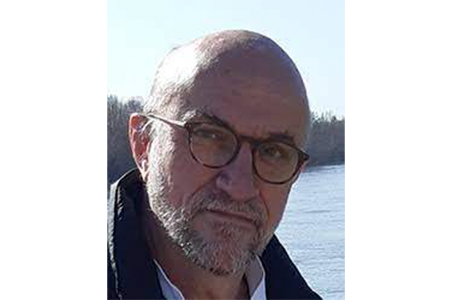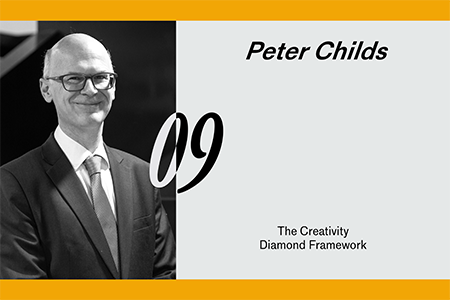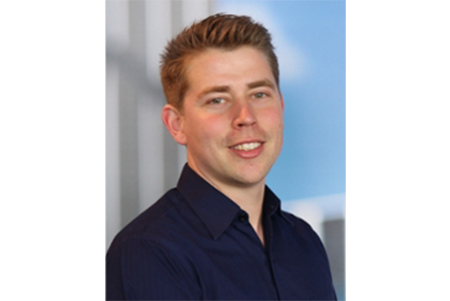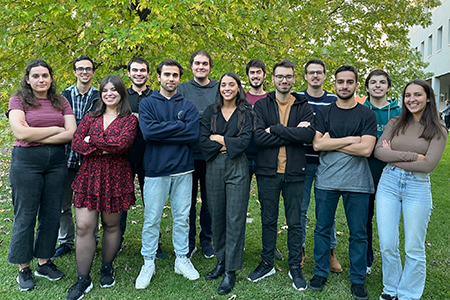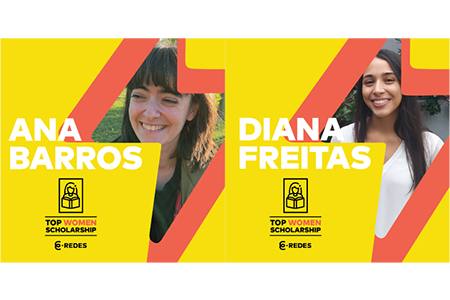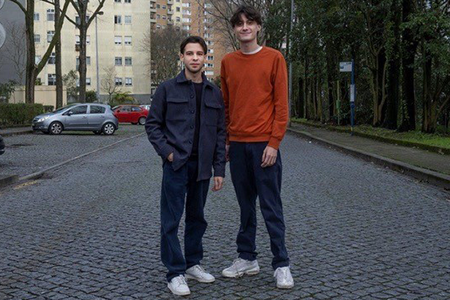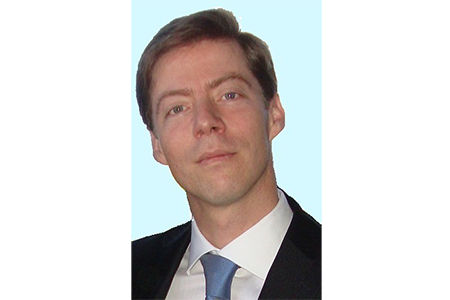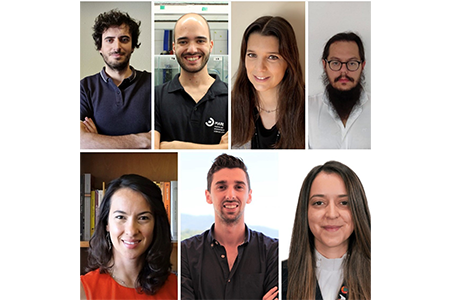“Driving Simulators for the Study of Road Users’ Behaviour” will be presented on tuesday, march 7th, at 17:15, room B012.
“To be efficient and accepted, road safety counter-measures need to be defined thanks to scientific studies. The question is not only to imagine an optimal solution in the absolute, but to understand the real practices and, based on this knowledge, to design the measures (sensitivity campaigns, changes in Highway Code, changes in initial training curriculum or licence tests, infrastructure (re)design, vehicles homologations, etc.). In our talk we will describe the tools and methods we promote and refined for decades to improve road safety, and their use in research projects. Our approach is systemic and is based on three pillars: instrumentation of vehicles for in-depth naturalistic studies, traffic modelling and simulation using a multi-agents system, and design of driving simulators to study driving behaviors. We will illustrate our approach using research projects we have conducted over these last years.”
Stéphane ESPIÉ is a Research Director at the Gustave Eiffel University. He holds an Accreditation to Direct Research in Computer Science (HdR, Pierre et Marie Curie University, 2004). His main research areas are behavioral traffic simulation (MAS based), and the design of tools to study road user behaviors (driving/riding simulators and instrumented vehicles). He currently conducts his research in SATIE laboratory (Paris Saclay university) where he leads the MOSS (Methods and Tools for Signals and Systems) research group.
